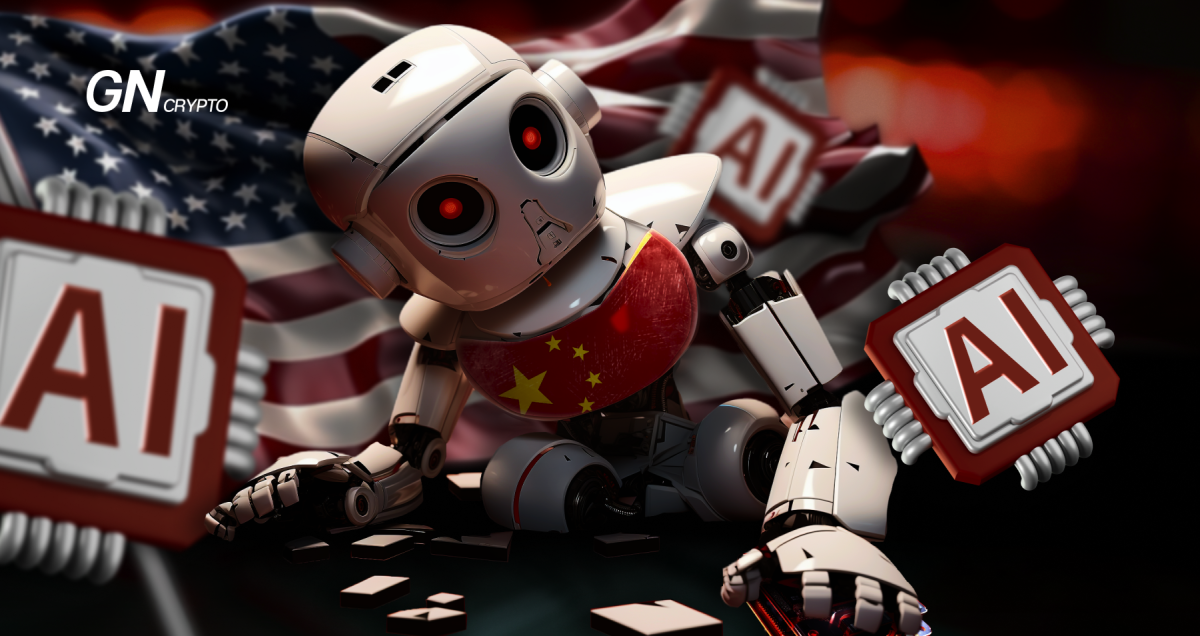US Measures Challenge Alibaba and Baidu’s AI Business

Washington has opted to tighten controls on the shipment of high-tech chips to China. In the tech market’s power struggle, the U.S. takes a decisive step forward.
On this page
Apart from the explicit ban on exporting advanced semiconductors to China, Washington is implementing a chip export licensing process for more than forty countries. Through this move, the U.S. aims to seal any loopholes and entirely isolate China from industry leaders like California-based Nvidia and other prominent U.S. producers. Further, in 2022, the Biden administration appealed to allies, namely Japan and the Netherlands, pressing them to restrict China's access to top-tier technologies. It's worth noting that both countries are significant hubs for semiconductor production. As a result, Japan imposed relevant restrictions on China in the summer of 2023, with the Netherlands doing the same the following fall.
The goal is to choke off China’s access to the future of AI,
said Gregory Allen, an AI expert at the CSIS think-tank.
The Biden administration's main assertion for their actions is to combat China's escalating military power. However, it's the AI projects of Chinese tech giants, Alibaba and Baidu, that stand to be impacted foremost. We've previously mentioned Baidu's recent struggles, largely due to the discontent surrounding their new AI service, Ernie Bot. Recognizing an opportunity, Alibaba swiftly intensified its efforts, integrating its version of ChatGPT into various communication tools. Yet, it appears the U.S. has put a temporary hold on this technological competition. Consequently, these Chinese titans might have to rely on outmoded chips. This raises questions about their future AI endeavors and their capability to develop innovative processors.
According to the Financial Times, the essential chips fueling Alibaba and Baidu's innovations are supplied by TSMC and Samsung. However, this partnership is now at risk. Moreover, Nvidia has announced a cessation of its latest product shipments to China. This shift may force Chinese AI companies to settle for older models, like Nvidia chips released six years ago and no longer in production. Experts consulted by FT believe that crafting systems on par with OpenAI's ChatGPT using such components will be challenging. Currently, China's own semiconductor output doesn't meet the requisite quality, with their technology lagging behind leading industry counterparts by several generations.
Reportedly, Alibaba, Baidu, and other key players in the Chinese AI market had pre-ordered Nvidia's latest chips worth $5 billion. Due to ongoing supply chain disruptions, these orders remain unfulfilled. The U.S. is now providing the California-based manufacturer a short one-month window to meet these commitments. It seems increasingly unlikely that Nvidia will manage to deliver the ordered chips to China. While Chinese firms might attempt to procure the needed parts from the black market, the global chip shortage suggests they might struggle to secure adequate quantities.
China will be permanently stuck with low-end Nvidia chips and see the [AI] infrastructure gap gradually widen with the rest of the world,
notes Charlie Chai, CEO of the Chinese research firm, 86Research.
The content on The Coinomist is for informational purposes only and should not be interpreted as financial advice. While we strive to provide accurate and up-to-date information, we do not guarantee the accuracy, completeness, or reliability of any content. Neither we accept liability for any errors or omissions in the information provided or for any financial losses incurred as a result of relying on this information. Actions based on this content are at your own risk. Always do your own research and consult a professional. See our Terms, Privacy Policy, and Disclaimers for more details.


























